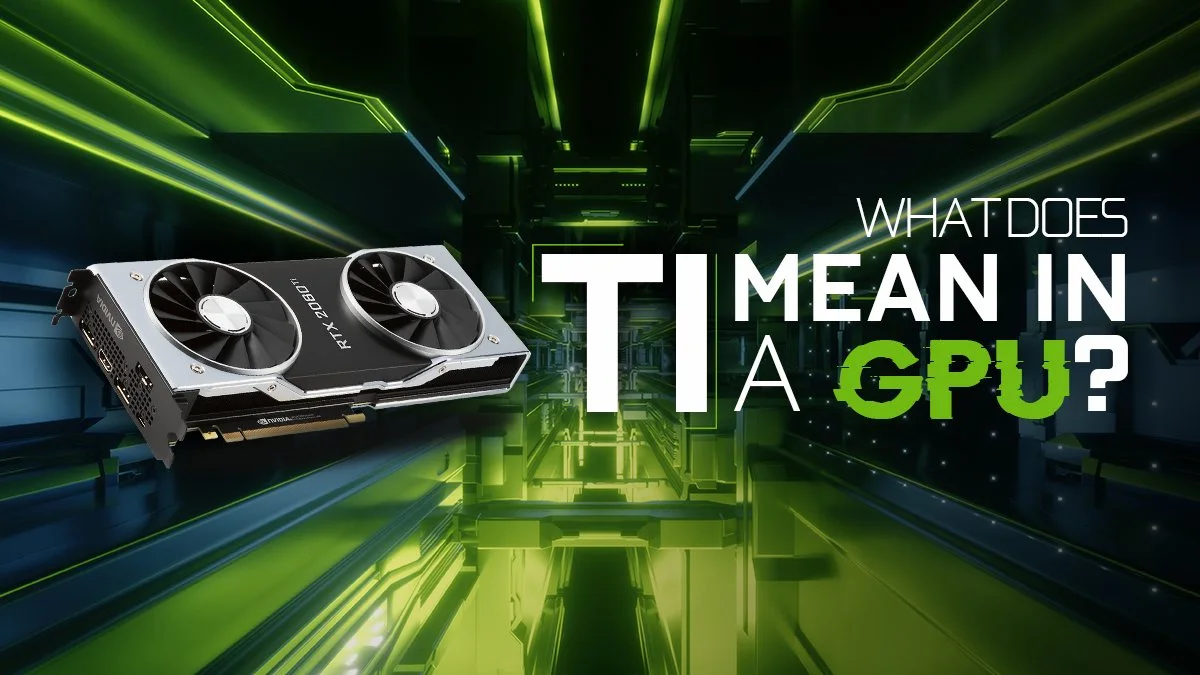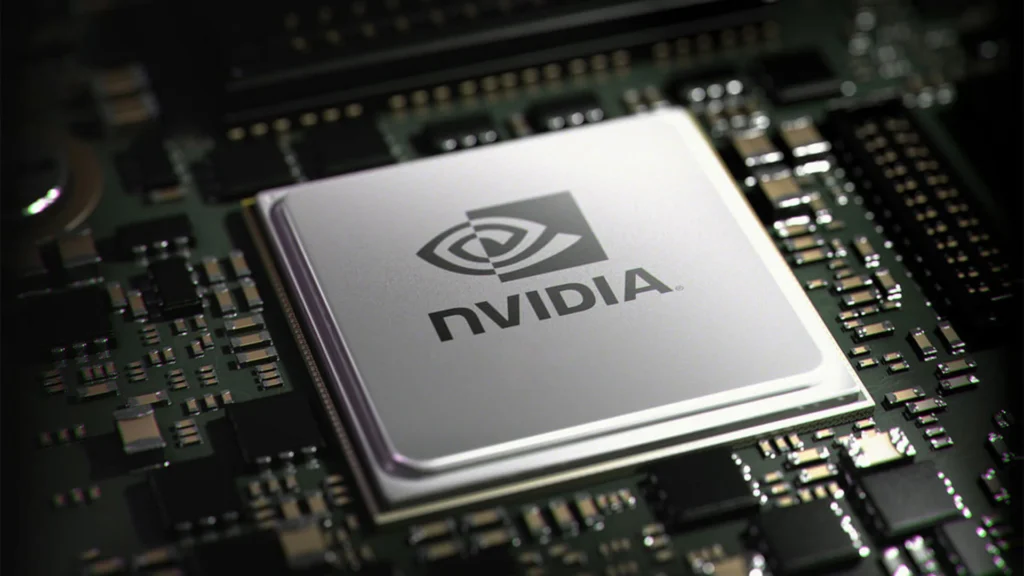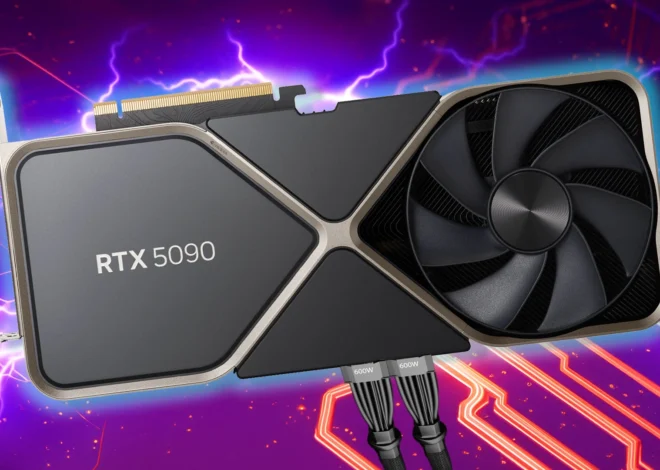
What Does TI Mean on Nvidia GPUs?
When browsing NVIDIA graphics cards, you may notice certain models that have ‘Ti’ at the end of their name. The ‘Ti’ label signifies that it is a more powerful version of the original GPU model, often boasting improved performance. These enhanced versions may have extra cores, higher speeds, or better memory configurations.
NVIDIA uses the ‘Ti’ suffix to differentiate between standard and enhanced versions of their GPUs. The enhanced Ti models are designed for users who require extra power and performance in their gaming or professional applications. While the standard versions provide quality performance, Ti models take things up a notch, making them the preferred choice for those who need higher performance.

Ti: A Mark of Enhanced Performance
In short, the “Ti” designation (originally rumored to stand for “Titanium”) designates an Nvidia GPU as a more powerful variant of its base model. Think of it like a supercharged version of the original.
What Makes a Ti Card Better?
Here’s a breakdown of common upgrades you’ll find in Ti versions of Nvidia GPUs:
| Feature | Typical ‘Ti’ Upgrades |
|---|---|
| CUDA Cores | More CUDA cores enable the GPU to process more tasks simultaneously, boosting overall performance. |
| Clock Speeds | Ti cards often sport higher clock speeds (both base clock and boost clock), which translates to faster processing. |
| Memory Capacity | In some cases, Ti models feature increased video memory (VRAM) for handling higher resolution textures and demanding games. |
Ti vs. Non-Ti: A Practical Example
Let’s compare the Nvidia GeForce RTX 3080 to the RTX 3080 Ti to put this in perspective:
| Specification | RTX 3080 | RTX 3080 Ti |
|---|---|---|
| CUDA Cores | 8704 | 10240 |
| Boost Clock Speed | 1710 MHz | 1665 MHz |
| Memory | 10 GB GDDR6X | 12 GB GDDR6X |
As you can see, the RTX 3080 Ti offers significant upgrades in multiple areas, leading to a noticeable increase in gaming performance.
Should You Opt for a Ti Card?
That depends on your needs and budget:
- If ultimate performance is your goal: Ti cards deliver top-of-the-line power for demanding games and high resolutions.
- If you’re budget-conscious: Standard versions of Nvidia GPUs provide fantastic value and are powerful enough for most gamers.
- If you can wait: Prices of older-generation Ti cards tend to drop when new models are launched.
Key Takeaways
- The ‘Ti’ in NVIDIA GPUs stands for titanium and indicates an improved version.
- ‘Ti’ models offer enhancements like additional cores and higher clock speeds.
- These versions are tailored for users who need more powerful graphics performance.
Understanding the TI Suffix on Nvidia GPUs
In the world of Nvidia graphics cards, the term ‘Ti’ denotes a higher-performance version of a standard model. It is a key aspect for those looking to get the most out of their gaming or creative applications.
Historical Context and Naming Conventions
The Ti suffix in Nvidia’s graphics cards dates back to the early generations of their products. Ti stands for titanium, an element known for its strength and high performance. This branding strategy ties to the NVIDIA GeForce line, where Ti models represent technical improvements over their non-Ti counterparts. With each new series, like the GeForce RTX 2080 and its more powerful RTX 2080 Ti version, Ti branding marks a leap in capabilities within the same generation.
Technical Specifications
Graphics cards carrying the Ti tag often feature enhancements in processor speed, memory, and power. These technical specifications influence the card’s abilities. For instance, a Ti model may have more CUDA cores, which are the processors that do the heavy lifting in rendering graphics. Moreover, these cards might include faster GDDR6 or GDDR6X VRAM and improvements in memory bus width, leading to increased memory bandwidth.
Performance Metrics
Performance-wise, Ti GPUs tend to offer more robust frame rates and smoother performance in demanding tasks like gaming, 3D rendering, and video editing. These models might showcase improved clock speeds, including a higher boost clock, which indicates the maximum speed the GPU can achieve. Benchmarks scores and real-world use typically show that Ti versions outpace their non-Ti counterparts, translating to better gaming experiences with less lag.
Product Line Differentiation
The Ti variants help consumers differentiate between the power and potential of NVIDIA cards within a budget or series. While ‘Super’ variants of Nvidia graphics also exist, Ti models are distinct. They provide a balance between the base model and the highest-performing options. For those considering models like the RTX 3060 or RTX 3070, choosing the Ti version often means securing additional power and technical edge in their system.



